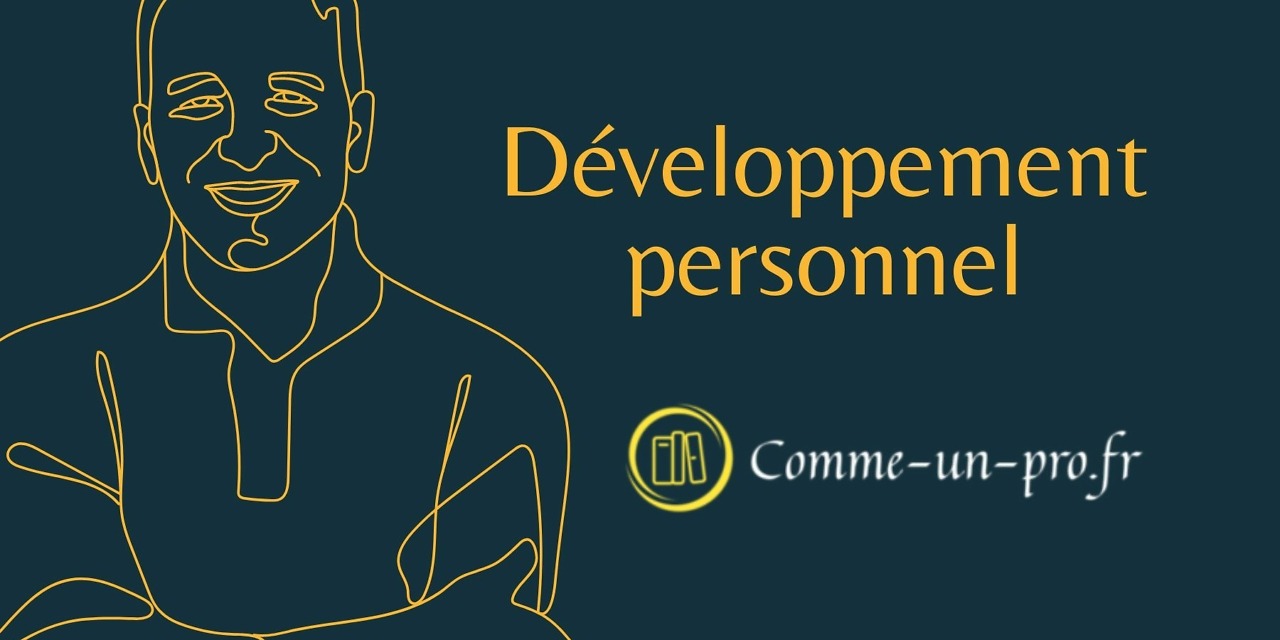Master your time to improve your productivity
Time management is a crucial skill for anyone looking to advance in their career. Having good control of one's time not only increases one's productivity, but also demonstrates one's professionalism and commitment to one's work.
In a world where we are constantly called upon, knowing how to prioritize our tasks is essential. It is therefore important to know how to distinguish the urgent from the important. The urgent requires immediate attention, while the important contributes to our long-term career goals.
Organization is also a key part of time management. Planning your time, setting clear and realistic goals, and meeting deadlines are all ways to show your efficiency and reliability.
Mastering one's time is a skill that is acquired and perfected over time. By cultivating it, you will be able to increase your productivity and, consequently, promote your career progression.
Effective time management strategies
Everyone is different and what works for one may not work for another. However, some time management strategies have been proven to help you maximize your productivity.
The Pomodoro method, for example, involves working intensely for a set period of time, usually 25 minutes, then taking a 5-minute break. This approach can help maintain focus and avoid overwork.
The two-minute rule is another useful strategy. It consists of immediately carrying out any task that will take less than two minutes. This avoids the accumulation of small tasks and frees up time for larger projects.
Using time management tools, such as calendars or productivity apps, can also be very beneficial. These tools let you plan your tasks, track your progress, and make sure you're spending enough time on each project.
The key to time management is finding the strategy that works best for you and tailoring it to your specific needs. By controlling your time, you can increase your productivity and promote your career progression.
Avoid the trap of overwork
Even with the best time management strategies, the risk of overwork is always present. It is essential to understand that working more hours does not necessarily mean being more productive. In fact, it can often lead to fatigue, stress, and a lower quality of work.
Learning to say no is a valuable time management skill. It's important to know your limits and not take on more work than you can handle. Remember that the quality of your work is as important as the quantity.
Also take time to relax and rejuvenate. Regular breaks are essential to maintain a high level of productivity and creativity. The balance between work and personal life is crucial for a successful and sustainable career.
In sum, effective time management can help you improve your productivity and advance your career. It's an investment in yourself that can have a significant impact on your professional success.


